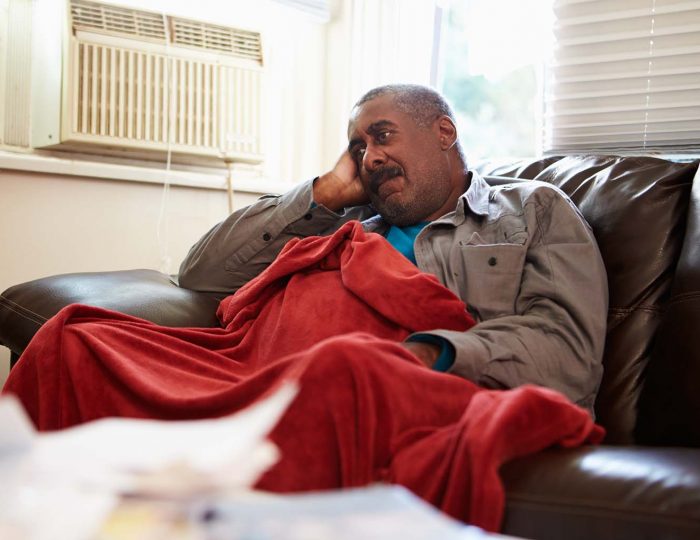Connecting with Culture
Our blog reflecting on weekly news, trends, innovation, and the arts...
Read

Estimates say 6.2 million people – one in three UK households – will be severely affected by fuel poverty this winter.
Given the potential impact on the physical and mental health of our communities, ‘warm-banks’ – heated spaces such community centres, church buildings, homes, or offices – have been suggested as places to defrost.
But in times like this, there’s a tendency to focus on the need alone. In Jesus’ encounters with others – facing ever-present need – he offered something more transformative that saw beyond the immediate crisis. In his healings, we see both the relief of distress, and the offer of restoration into community (Luke 8:43-48, for example).
Now is no different; there’s a need both for relief of suffering and deep connection. Might this looming catastrophe call for the creation of genuine relationships that spark transformation, too?
Issues like fuel poverty are likely here to stay, so instead of seeing them as short-term crises, sustainable, co-ordinated responses are required.
Over the last few years, many have found resonance in approaches which focus not on people’s deficits or needs, but on the strengths they can offer. This sort of community development honours the contribution of each person, fostering real connection in isolating times. It reminds us of the power we might hold, and the importance of seeing the potential in others. For example, many of those on the estate where I live have little relative wealth, but set the bar as exemplary neighbours, in service to their community. When we define by need alone, we miss people’s gifts.
Though we all want to be problem-solvers, no-one likes feeling like a problem to be fixed. On our frontlines, in our homes and workplaces, how might we foster spaces of participation, allowing everyone to contribute? This might mean intentional involvement in civic and community spaces or friendship circles, looking to uncover gifts already present.
Where we’re already part of community responses to poverty, we might choose to ask, ‘where does the power lie?’ In our humanity, each one of us is a complex blend of intertwined needs and gifts.
Building community means developing strong relationships and a shared vision to co-create a different kind of space. This approach is costly in terms of time and effort, but it often leads to richer relationships and transformation.
If we do this well, we show that our spaces are good for both givers and receivers. In doing so, we reflect the grace and truth that God offers everyone.
—
Corin Pilling
Sanctuary Mental Health Ministries, UK Director
For more resources equipping the church to support mental health and wellbeing in these challenging times, see Sanctuary Mental Health Ministries, and consider signing up for their 8-session Sanctuary Course.
Keep up the Great work 👏
A radical reflection, thanks